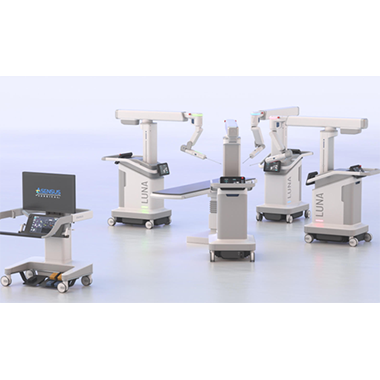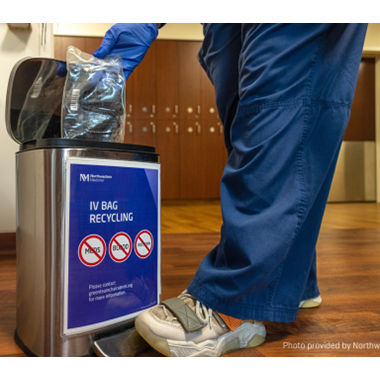

In a document updated for the first time since 2017, AAMI released new guidance for EO material compatibility and including new alternatives.

In a document updated for the first time since 2017, AAMI released new guidance for EO material compatibility and including new alternatives.

North Carolina healthcare provider supplies clinicians with immediate, on-site access to 3D-printed anatomic models and support through Ricoh Managed Services.

Automation and digitization of quality processes can improve efficiency, reduce costs, and enhance product quality in manufacturing, allowing for more informed decisions that will contribute to long-term success.

The healthcare sector can expect some improvement in lower inflation rates and attendant pressures for the remainder of 2024. But it’s not yet out of the pandemic woods, as interest rates remain high, the shortage of professionals persists and there’s no shortage of risks. Here’s a perspective on what the year holds.

On April 17, the FDA is hosting a Virtual Public Workshop on approaches to Accreditation Scheme for Conformity Assessment Expansion.

“We’ve arrived at a historically strong rule that will protect the most exposed communities from toxic air pollution while also ensuring that there will be a process that safeguards our nation’s critical supply of sterilized medical equipment.”

“Flex’s proven track record of delivering complex electromechanical systems across diverse industries and deep understanding of the complex requirements for medical devices will enable us to accelerate time-to-market for our LUNA platform.”

The pilot program launched by Baxter International and Northwestern Medicine in Chicago resulted in the recycling of more than 170,000 IV bags. Baxter is now working to expand the program in the Chicago area to further validate the process and economic viability of the program.

Class 1 recalls are at a 15-year high. To reduce the number of recalls and nonconformances, medtech manufacturers need quality management and traceability processes that go beyond documenting and tracking changes to effectively connect people, processes and data.

Bob Tilling, VP of Global Sales at Kallik, delves into dupe culture and its link to counterfeit drugs, and explains how developments in label management can foil illicit traders.